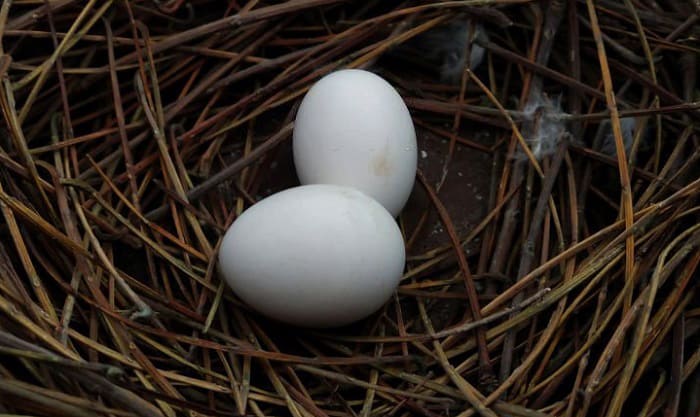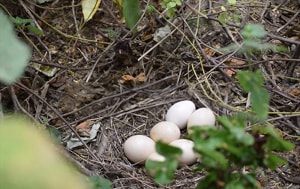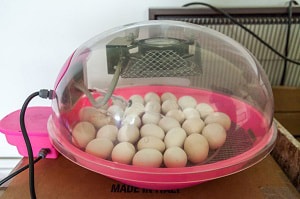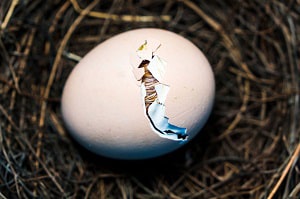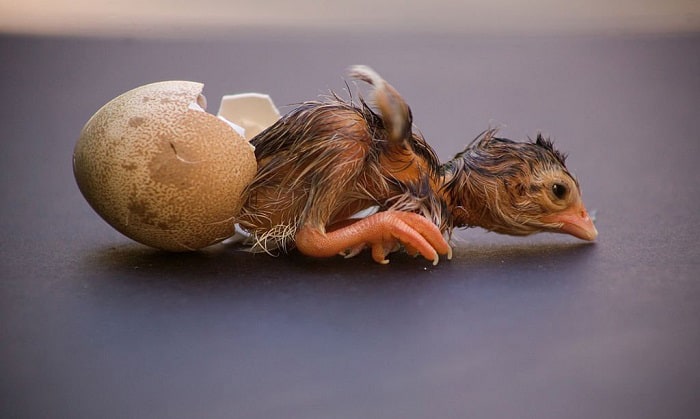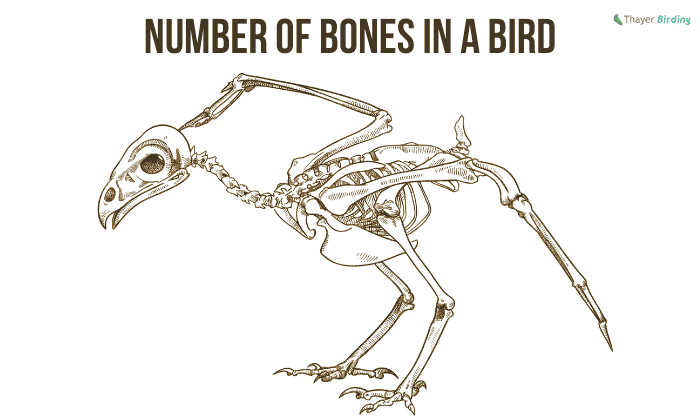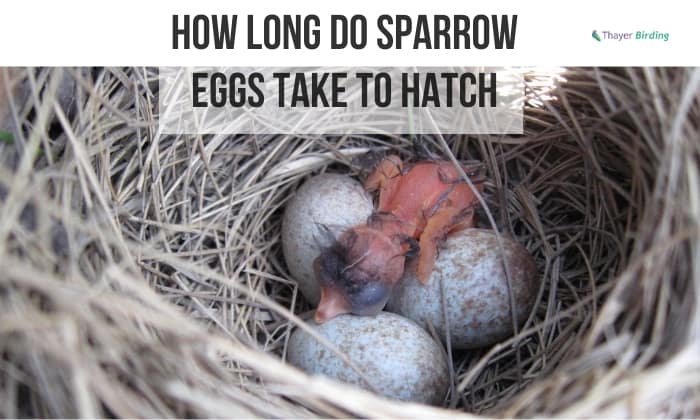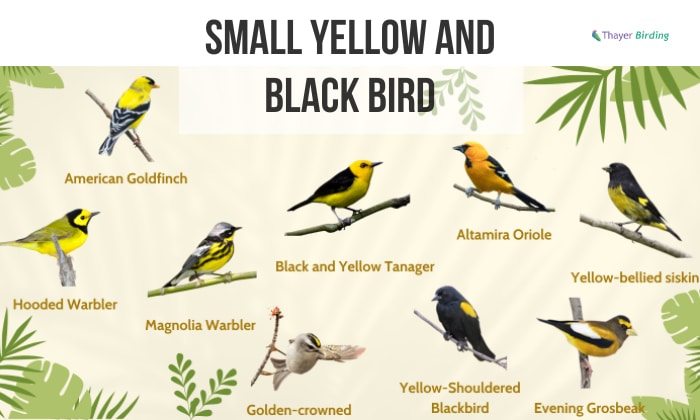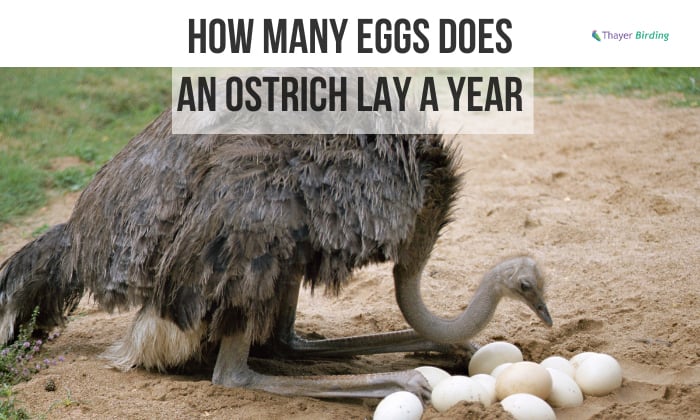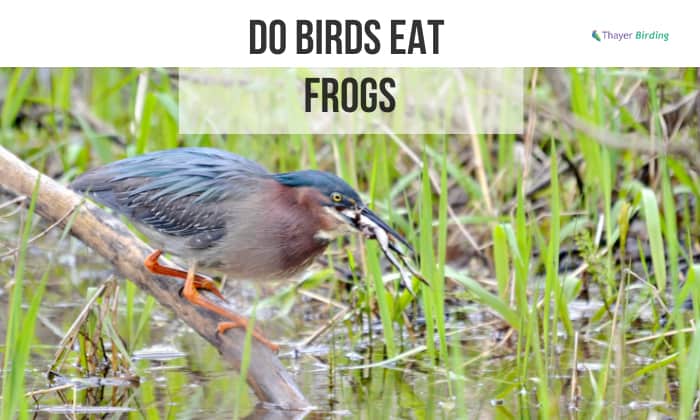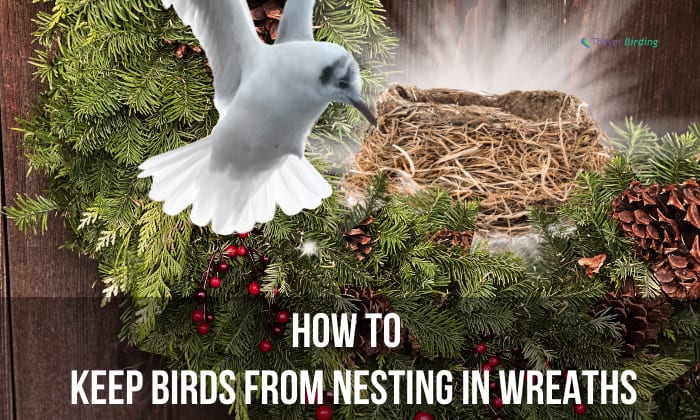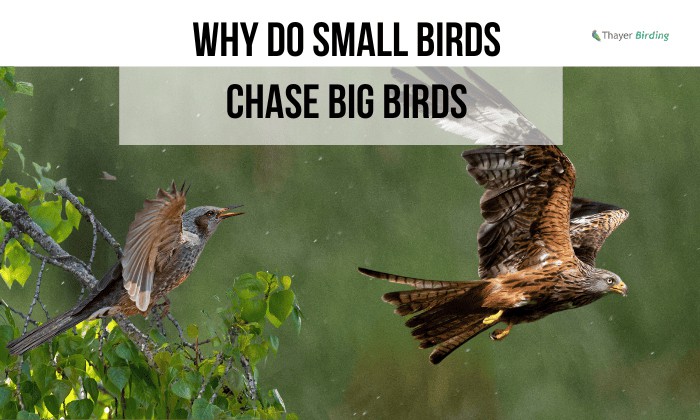Those who watched the 1996 film Fly Away Home may harbor fantasies of hatching their own bird eggs.
But how to take care of a bird egg is not like in the movies. It requires an incubator that provides steady warmth and humidity, and constant egg rotation.
But there are other practical things to deal with, such as the law and caring for a newborn chick if your egg hatches.
Still, if you are up for the challenge, here’s how to go about hatching bird eggs!
Table of Contents
Things To Consider When Finding A Bird Egg
Before you even take the egg in, think about a few things first.
1. The bird egg may not actually be abandoned
When you find a bird egg on the ground, it’s best to leave it alone. In many cases, the eggs aren’t actually abandoned – they just fell on the ground.
If you see a nest nearby with similar-looking eggs, consider popping the egg back in with its siblings.
2. The migratory bird treaty act
If you are sure you stumbled on abandoned bird eggs and have determined that the eggs are still alive, your next concern is the Migratory Bird Treaty Act, which makes it illegal to own any wild bird species, including its eggs.
If you are sure the egg is from a “safe” species, which includes pigeons, house sparrows, and European starlings, you can pocket it to take it home – or consider the next suggestion.
3. Call a wildlife rehabilitator
To ensure greater chances of survival for the chick, consider calling a professional wildlife rehabilitator to take care of the egg instead of dealing with it yourself.
Never take the egg to the wildlife center yourself. Let the experts come to collect the egg where it lies.
If, after considering all these, you are still interested in hatching the egg at home, here’s how to do it:
What to Prepare
- An incubator that can maintain a steady temperature, humidity, and airflow
Alternatively, you can make your own incubator with:
- Hatching box
- Heating lamp
- Heating pad, blankets, or towels
- Thermometer
Steps For Hatching A Bird Egg
Step 1: Determine the status and species
If you haven’t done this yet, it will be helpful to determine if the egg is still alive, followed by the species of the egg you are trying to hatch.
This will give you a better idea of the required bird egg incubation period and help you prepare for raising the chick without mother around.
In most cases, a cold or cracked egg is beyond saving. As for the species and incubation period, below are some common birds you may be able to take home and their egg characteristics:
- Pigeons – 18 days to hatch; white eggs, though blue and brown are also possible shades
- House sparrows – 1o to 14 days to hatch; white/gray eggs with brown spots and (possible) green tints
- European starlings – 11 to 13 days to hatch; blue eggs
Step 2: Keep it warm and humid
The most important thing to keep a bird egg alive is to keep it warm. Aim for a steady 100 degrees Fahrenheit and 50-60% humidity.
It is recommended to plug in your incubator and let it run for a few hours first to ensure it’s at the perfect temperature when you put the eggs in.
If you’re without an incubator, use a hatching box (a shoebox is fine), a heating lamp, blankets, or heating pads. Make sure to check the temperature with your thermometer regularly.
Step 3: Regularly rotate the eggs
Turn the eggs periodically so that no part is too cold or too warm, and set reminders on your phone to do this three to five times a day. Rotating the eggs will also help the embryos develop.
Step 4: Wait
Now all that’s left to do is wait. How long does it take for a bird egg to hatch? On average, it takes 14 days, but the time span differs per species.
Let nature take its course: Never break the egg yourself.
Step 5: Prepare to raise your hatchling
Even if you managed to raise a bird egg successfully, more work is coming your way: raising a hatchling.
Baby birds must be fed about three to four times an hour, from sunrise to sunset. This goes on for about two weeks until the chick is more grown.
Since each species has its own diet, you will also need to invest time and energy in researching your baby bird’s needs and procuring food.
If you managed to incubate bird eggs properly and eventually end up with chicks, congratulations on a job well done!
Frequently Asked Questions
What can you do when you find a bird egg?
The best thing to do is leave the bird egg where you found it. Do not hesitate to put a bird egg back in its nest, though, as long as the other eggs in it appear similar.
If the egg clearly looks abandoned, you can attempt to call a wildlife rehabilitator to deal with it. Only take the egg home to raise it yourself as a last resort.
Why are bird eggs on the ground or abandoned?
Sometimes, bird eggs are on the ground by accident: they may have been blown out of their nest by strong winds or fallen out when someone was pruning the tree.
Sometimes, however, it’s intentional. Some species will trick other birds into incubating their eggs. And sometimes, birds notice when the eggs in the nest aren’t theirs and throw out the intruders.
Lastly, some birds are ground-nesting creatures that genuinely build their homes and lay their eggs on land!
Why are bird eggs abandoned? Mothers generally do not abandon their young. If you see an abandoned hummingbird, cockatiel, or robin bird egg, it is likely that the mother is only out looking for food and will be back.
Alternatively, it’s possible the nest has moved and she has yet to find it. The worst-case scenario is that a predator was near the nest, and the mother bird will not be back.
Birds can also sense when their eggs are infertile (such as in the case of the cockatiel) and will simply abandon their nest if they know there is no hope.
How do you know if a bird egg is alive?
If you find a cold bird egg on the ground, it’s likely dead. Eggs won’t survive long without warmth. Eggs that are stinky and discolored are probably gone, too.
If a bird egg is cracked is it dead? Yes, most probably, since a crack would mean the embryo’s protective membrane has been harmed and is no longer serving its purpose.
Conclusion
Many people wonder what finding a bird egg spiritual meaning is.
Eggs are supposedly a symbol of potential: Finding a cracked egg means you may soon be disappointed or forced out of your comfort zone, but finding a whole egg means something is coming your way – possibly even a chick!
No one can say for sure if these superstitions are true, but knowing how to take care of a bird egg that you found takes you one solid step closer to ushering in a new baby bird into the world.

George and I became friends after a birdwatching trip with our new group. And we have been enjoying every adventure together. When he told me the idea of establishing a site that shares our experiences and fun, I immediately agreed. After trials and errors, here we have Thayerbirding.


